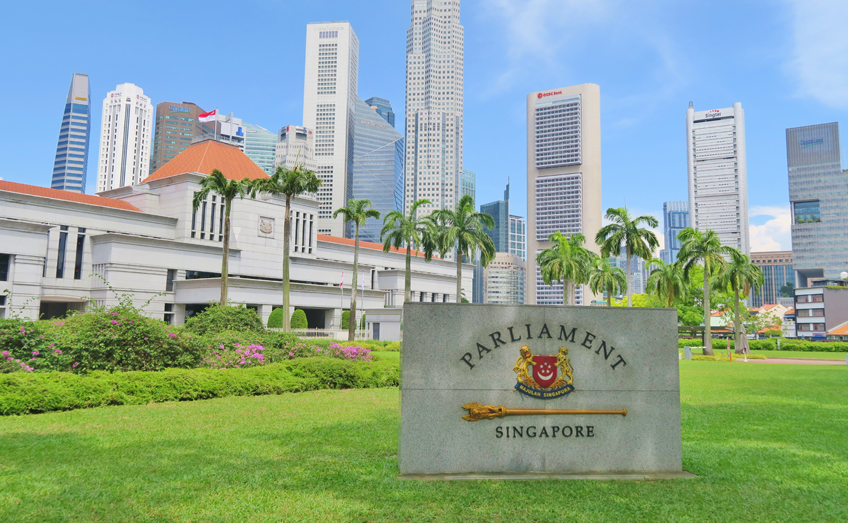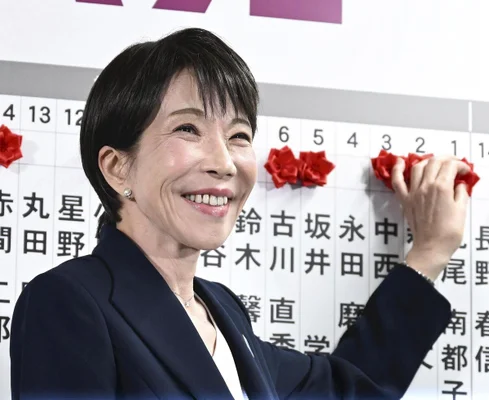※Translated with Notion AI. (Plus version)
Prime Minister Lee saw Singapore’s growth as a product of “intellect and inheritance,” systematizing the nation’s knowledge level and putting it into practice.
What’s astonishing is how they managed to prevent a decline in the birth rate among excellent individuals.
By 1982, there was a growing disparity in the number of births between women who had graduated from university and women who had not.
Many women who had graduated from university were single, and even if they were married, they had fewer children on average than married women with less education.
Predicting that if this trend continued, Singapore’s human talent would decline, and their vibrant economy would stagnate, Prime Minister Lee swiftly provided substantial support to excellent women.
This is an approach that, while proclaiming gender equality, also suggests that the abilities of the next generation of Singaporean citizens are determined by their parents’ level of education and knowledge.
It’s somewhat like the breeding of thoroughbred racehorses.

In Singapore, it’s also fair to say that they implemented a national policy stating that the elite 5% run the country, and the remaining 95% follow their policies, and that this talent must continue through inheritance.
If implemented in developed countries, this policy would be seen as discriminatory and would cause a major controversy.







